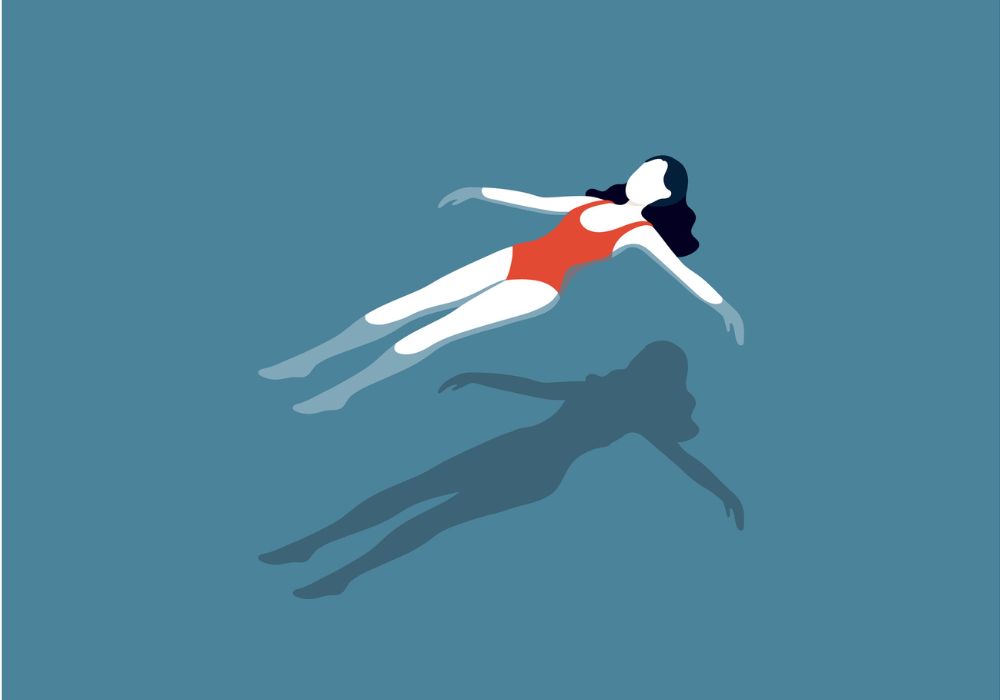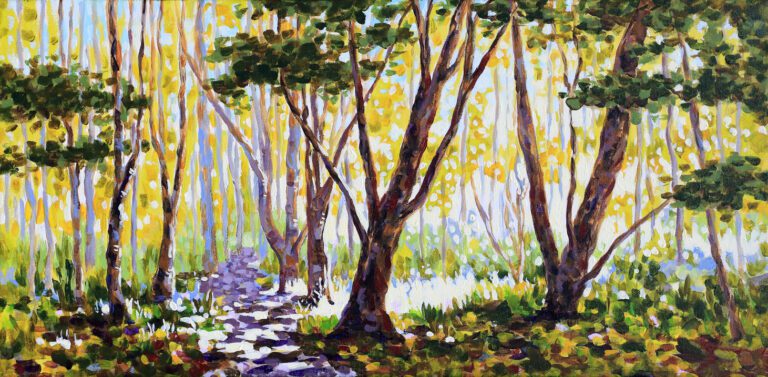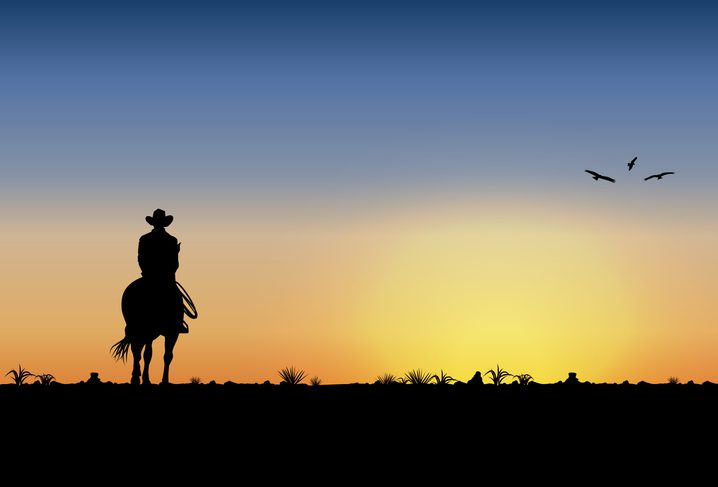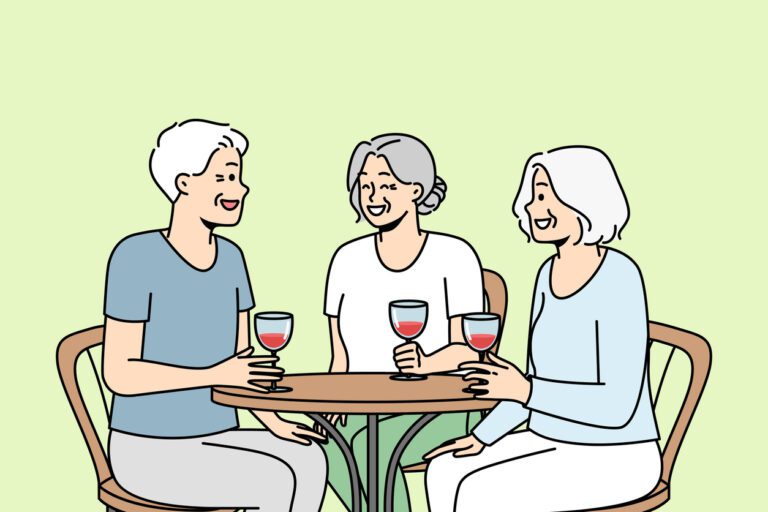I should have been happy that day at the beach. I tried my best to be. “For Mum,” said Dad. “Let’s all get along. It’s just for a few hours.”
It was a seaside day, the kind Dad hated: scorching sun and shimmering heat, and a glare off the water that he said hurt his eyes.
Mum had made sandwiches and packed our swimsuits, and put on her shiniest smile – too bright, too contrived. She kept it on all morning, even when I refused to join her for a swim.
“Well then,” said Dad, watching her dive beneath the waves. “I’ll be off for a walk.” He knew she wouldn’t resurface for a while.
I tried to ignore the surge of fear: my mother was being taken from me, some strange undercurrent sweeping her away. I picked up stones, one at a time, and threw them at the glare of the water, as if I were trying to fend off some unseen foe. Eventually, I took off my sneakers and tiptoed to the ocean’s edge, dipping my toes in cautiously. The cold flowed upwards through my legs. For a moment, I thought I might swim with Mum. Then I looked around at the families dotted along the shoreline. I remembered the body I had hidden away beneath my jeans and oversized T-shirt: the way nothing seemed to fit together, the skinny angles of my arms and the swell of my breasts, the roll in my belly when I sat down.
I paddled for a bit, and then I stood and gazed at my toes; they rippled in the shallows, as if they were no more a part of me than the clumps of mussel shells and seaweed swaying gently in the drag of the current.
*****
I sat on my towel, watching Mum stagger from the water at last. I saw the determination on her face; I saw what it had cost her to come back. I crossed my arms and narrowed my eyes, ready to berate her.
Then I noticed how she was shivering and her lips were tinged with blue, despite the heat that was burning my skin, and so I picked up the towel and held it out for her as she crawled back to me over the pebbles.
She took it in silence, and wrapped it around her shoulders, before she sat down beside me and we both stared into the ocean.
I wondered what it was she searched for, what it was that tugged her from me.
I could see nothing – my adversary was chillingly invisible – yet I knew this time, I had won. This time she had come back to me.
*****
That fragile peace was ruined by the sandwiches. I shouldn’t have said anything, I knew that, but I was overheated by then, my eyes achy and dazzled. I longed to rip off my heavy clothes and to splash in the water; I couldn’t let Mum know that, though.
“The cheese is melted!” I blurted, and even to my own ears, my voice sounded whiny.
Mum said nothing, but I could see the smile draining from her face and I knew that it was my fault.
A caustic concoction – anger and fear, and a strange guilty triumph – churned in the pit of my stomach.
I couldn’t seem to stop: “You know I don’t like tomato!”
Dad shifted on the pebbles. Then I remembered our pact, to keep calm and happy, and I swallowed my rebellion down into the agitated cauldron of my belly. “Thanks Mum,” I said. I couldn’t help the roll of my eyes, but she didn’t notice, staring into the blueness, chewing her sandwiches absently. She finished eating, and then she brushed the crumbs from her legs, spread the towel out and rolled over to lie on her front, her head turned away from us.
Dad tidied up a bit, before he pulled out his paper and sat, turning the pages.
I sighed and leant back. I reached for my bag and pulled out my copy of Jane Eyre. The sunlight bounced off the pages and it hurt my eyes to read.
I had managed just two pages when Mum got to her feet and stood looking back to the water. Her thighs were imprinted with round marks from the stony ground, her skin damp and flushed. As she stretched, I noticed the hairs beneath her armpits. I looked away. This time she didn’t invite me as she disappeared into the ocean.
I hated her then. Just leave, I wanted to say. Just leave and don’t come back. I knew that was what she wanted. I wasn’t enough for her.
Dad looked up at me, over his paper. “Your mother will be alright,” he said. “Just let her have some space for a bit.”
How much more space could I possibly give her? For a moment I only wanted to cry in my father’s arms. Then he looked back down at the cramped black lines of news, and the moment evaporated, a sea-mist dissolving in the summer sky.
I lay there, propped on my elbows, and persevered with my book. It was hot like that – the sun-soaked stones beneath my belly, rays of light piercing my back – and my eyes kept wandering from the pages to the red cliffs in front of me; they seemed to move in the heat, mirage-like.
I let the book fall from my hands and rested my head on the rug, feeling the sweat beading between my eyebrows. My eyes closed and my mind drifted. Vaguely, I heard the rustle of Dad’s paper as he folded it up, and the crunch of his footsteps, becoming quieter as he walked away from me.
*****
When I woke I was alone. The scent of cigarette smoke wafted from a nearby group of teenagers and my throat felt scratchy and tight.
I sat up slowly, my head pounding, and I reached for my water bottle. The churning in my stomach had settled to a hollow feeling, but as I sat there anxiety plummeted like a stone once more, sending ripples that spread out from my belly to my chest, my throat, my head. Even my fingers seemed to vibrate with it.
I sipped more of my drink. Beside me, Mum’s towel was spread out just as she had left it, ready for her return. I looked at my watch; she had been swimming a long time. I scanned the water, the waves thudding in my chest. Nothing but children playing in the shallows, their playful shrieks suddenly portentous. I stood up.
I stood there for a long time, my hands clenched at my sides. I noticed all the colours of the ocean, blue and turquoise and gold; the way they shifted and dissolved into each other with the movement of the waves. Something built in me, a terror I had known for too long.
My eyes fixed at last on a figure in the distance, and I knew that it was her. For a moment I felt relief, until, squinting, I realised she was swimming away from me, onwards and onwards to the horizon. Too far, Mum, too far.
I did not hesitate then, did not think of my puppy fat, or my wobbly thighs. My fingers, hot and swollen, fumbled with my jeans. I stripped my T-shirt over my head, feeling it pull the sweaty hair from my face, and I was stood there in my swimsuit, just as Mum had wanted. I plunged in after her.
The water shocked me, it snatched my breath, but there was no time to panic. I had to reach my mother.
My strokes were clumsy at first, flailing and uncoordinated, but then my body remembered all those days as a child when I had swam and floated, and my arms found a rhythm, my torso turning effortless from side to side, feet kicking behind me as I glided through the water.
The rhythm of it lulled me, and I let the thoughts wash through me as I swam: My mother’s hand beneath me, that first time she took me into the ocean, how she had pulled it away and I had floundered, sinking under and under, submerged like a shipwreck. The realisation had hit me and washed over me and through me: I was not enough; without my mother I did not exist. It was only a second, she swore, before she pulled me back to the surface, but in my mind it was so much longer.
Time flashed on: the story my history teacher liked to tell, of the Roman sea-goddess, Salacia, gliding away from Neptune and the threat of marriage and children, to hide deep in the Atlantic.
My mother also liked to hide. I thought of those times when she had disappeared, once for a whole week. Then she had walked back in and we had all smiled and laughed, and it was as if nothing had ever happened – until the next time.
Each time she vanished, the intervals in between seemed to shrink in on themselves so that I grew certain they would one day disappear entirely.
Her presence was not something I could take for granted, her absence a fear that never quite dissolved.
It was a mistake to stop, but I needed to find her, and so I stopped kicking, and I realised how deep I was. The sea bed was far below my feet, I could see it rippling and moving.
I looked back and the shoreline was a distant island, dotted with tiny figures, unaware of my predicament.
I wondered if Dad had noticed my absence. I panicked, trying to tread water; The whole ocean seemed sucked up into my lungs. I was too far out. I squinted hard at the blinding water to see if I could see my mother, but I was dazzled by the light. Come back, I willed her. Come back.
I tried to keep going towards that endless horizon, but I was flailing now; there was nothing to hold onto, only water: In my mouth, my ears, my nose. I was drowning, I thought, I would die here.
Then her voice came to me, out of the ocean: “Jess!” she said. “Jess.”
And her hands were beneath me, cradling me. “Stop struggling,” she told me, and her voice was firm, unwavering, as I always wished that it would be. “Stop. Lie on your back. You can float, Jess, remember.”
I did what she said, and still her hands were there. “Just breathe,” she told me, “just breathe.”
Above me, the sky was cloudless, it filled my head with a blinding emptiness.
I closed my eyes, but light pierced through, hot and startling bright.
“I thought you weren’t going to come back,” I whimpered.
There was silence then, only the gentle waves, gulls high above, the feel of her hand beneath my back.
“I always come back.”
There was truth in what my mother had said, but it was a confession as well.
“But why, Mum?” I said. “Why do you have to keep leaving like that?”
“I wish that I could tell you, Jess. I wish that I could explain. I wish I could explain it to myself.” There was such sadness in her voice that I thought, I shouldn’t have asked.
I should have kept quiet as always. Why can’t I be enough for you, was what I really wanted to know.
Then she pulled her hand from beneath me, and for a moment the terror filled me. Then I realised that – after all – I was still floating. I let the ocean hold me.
I trod water so that I could follow her gaze, felt the ocean flowing between my toes, and fingers.
I looked to that distant horizon, and I saw it as she must: the space, the freedom, how it called her away from me.
“Why do you come back then?” I asked. “If you need that so much?”
She looked at me, and she almost smiled, and I saw the answer reflected back at me in the sudden light that bounced from her eyes.
I pressed my head back into the water, my feet bobbing in front of me, arms spread out like a star.
She turned and swam, and I followed her, my eyes fixed on the shore. Behind me, the horizon loomed; it tugged at my feet like a rip current.
About the Author
Natasha Hill lives and writes on the Kāpiti Coast where she works as an early childhood teacher as well as bringing up her own three children. In her spare time, Natasha is studying towards her Master of Creative Writing at Massey University.







